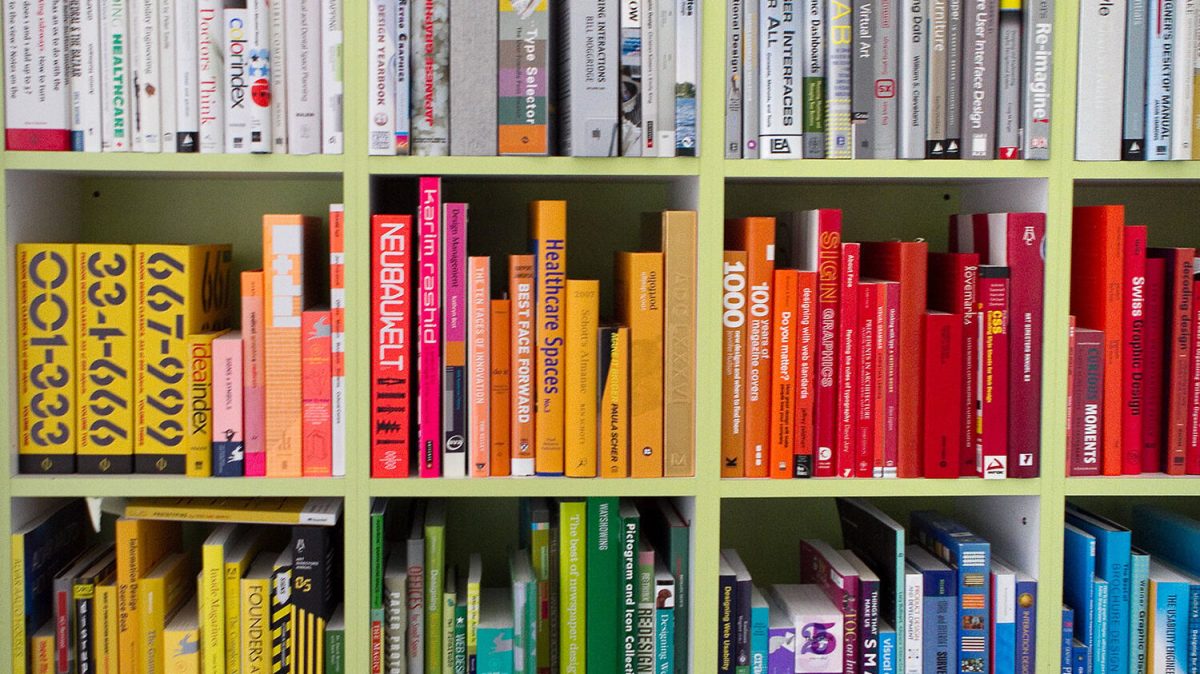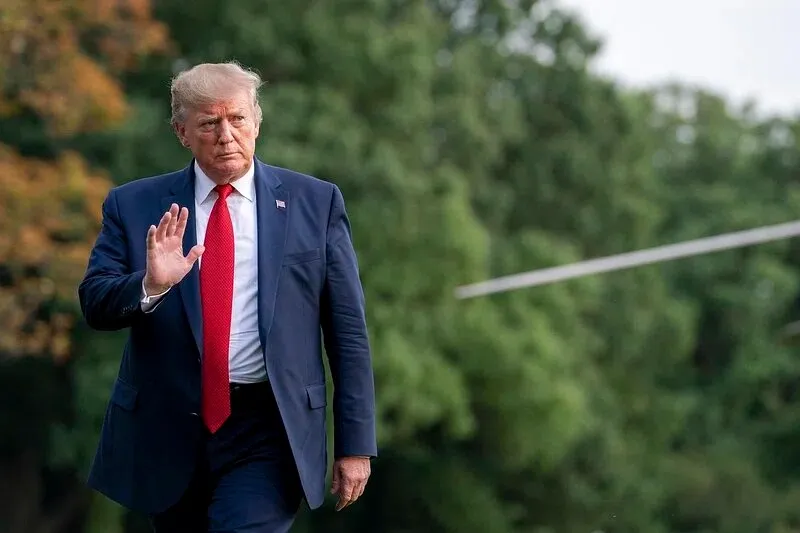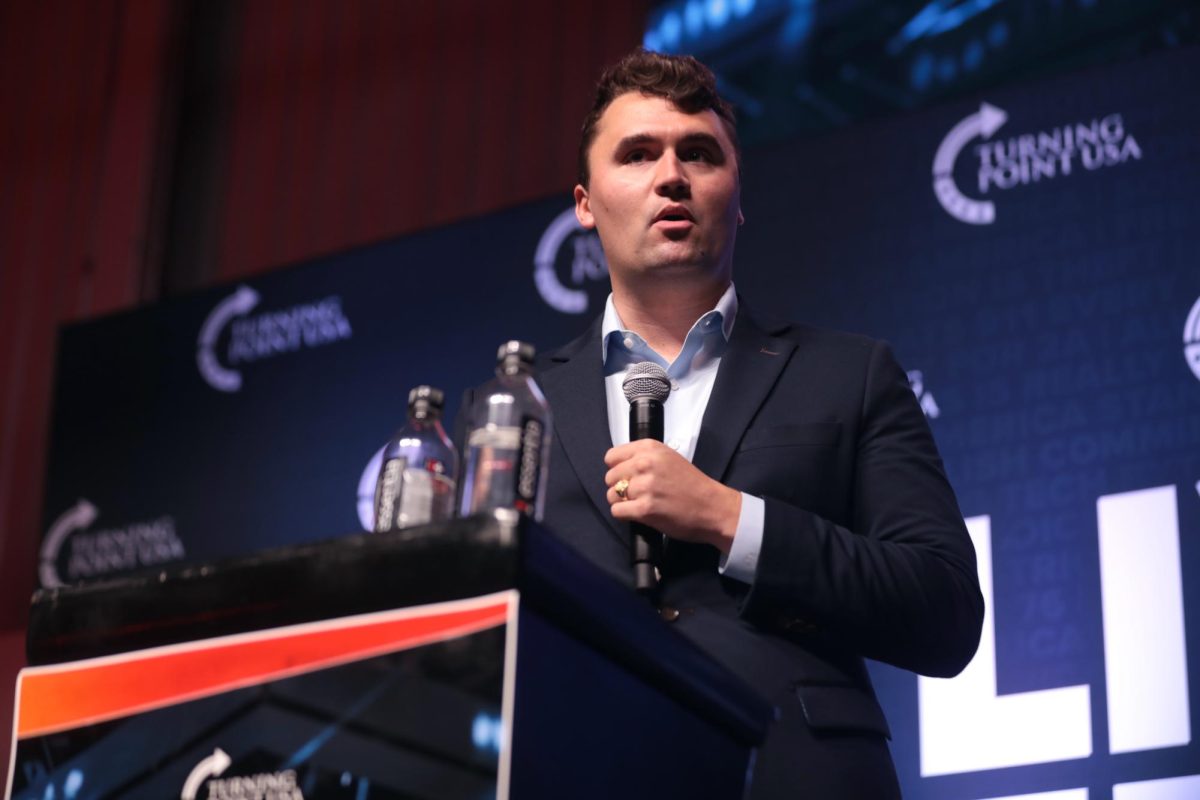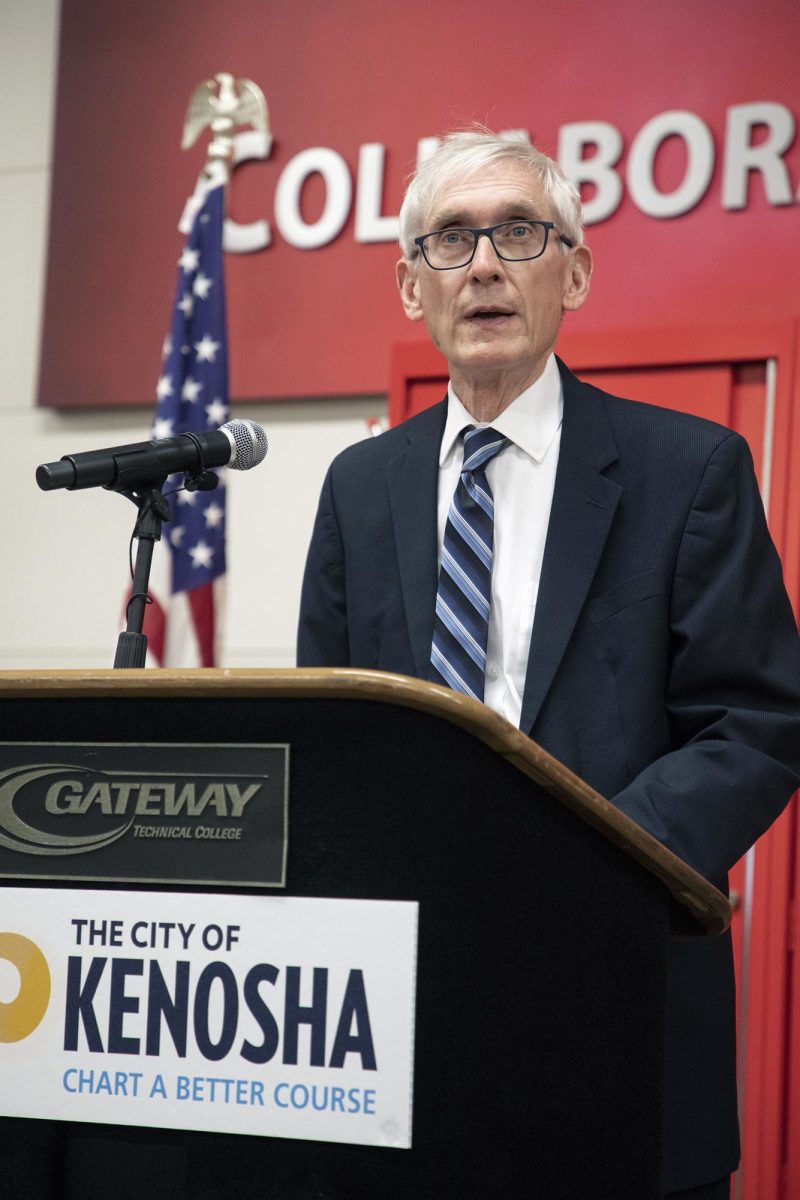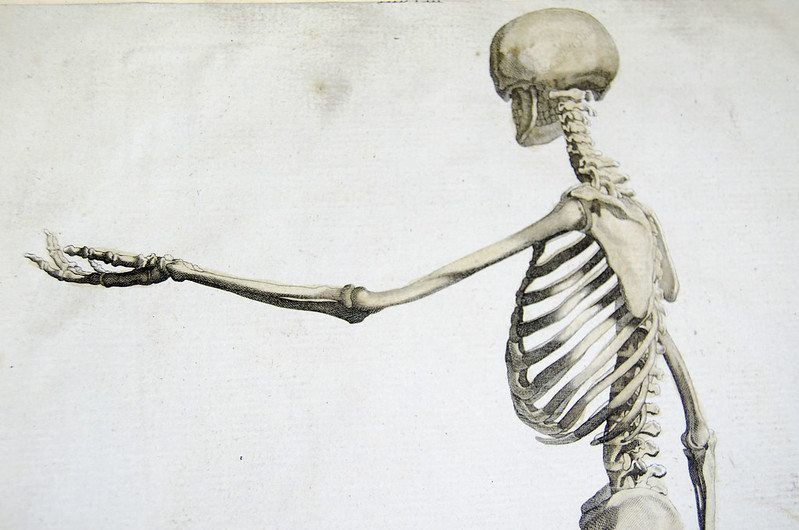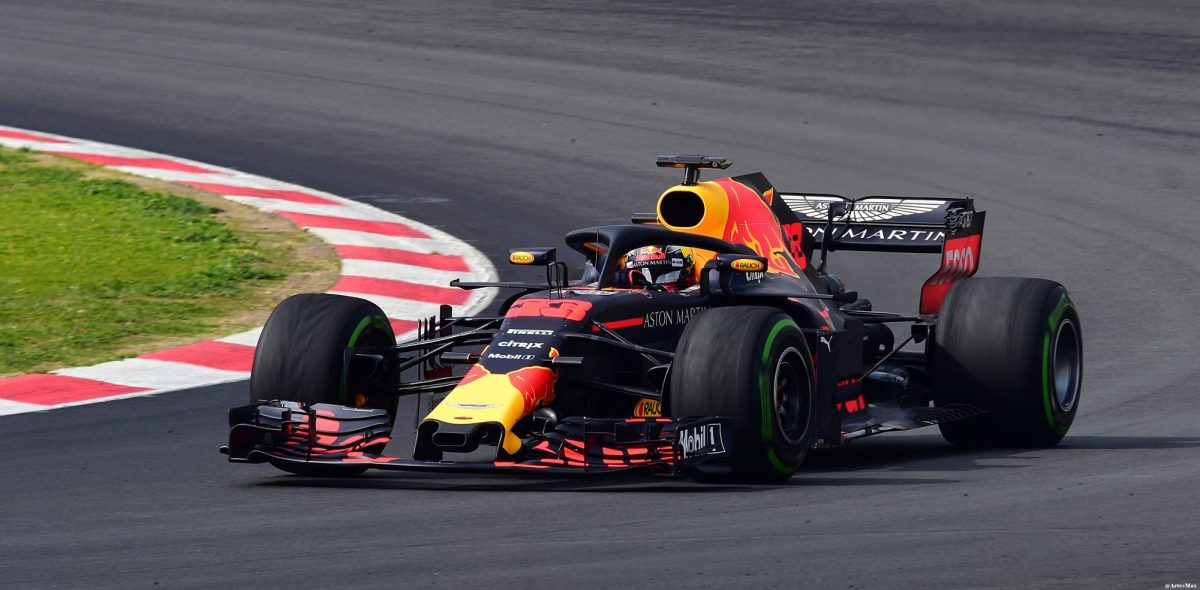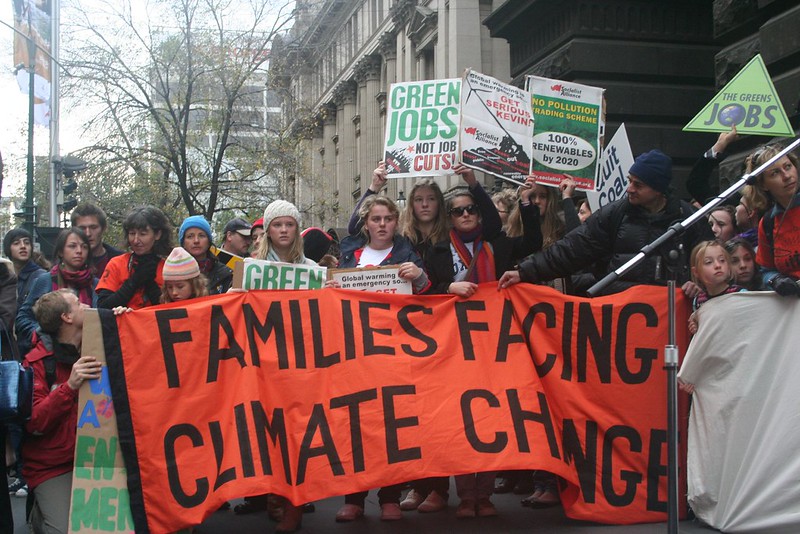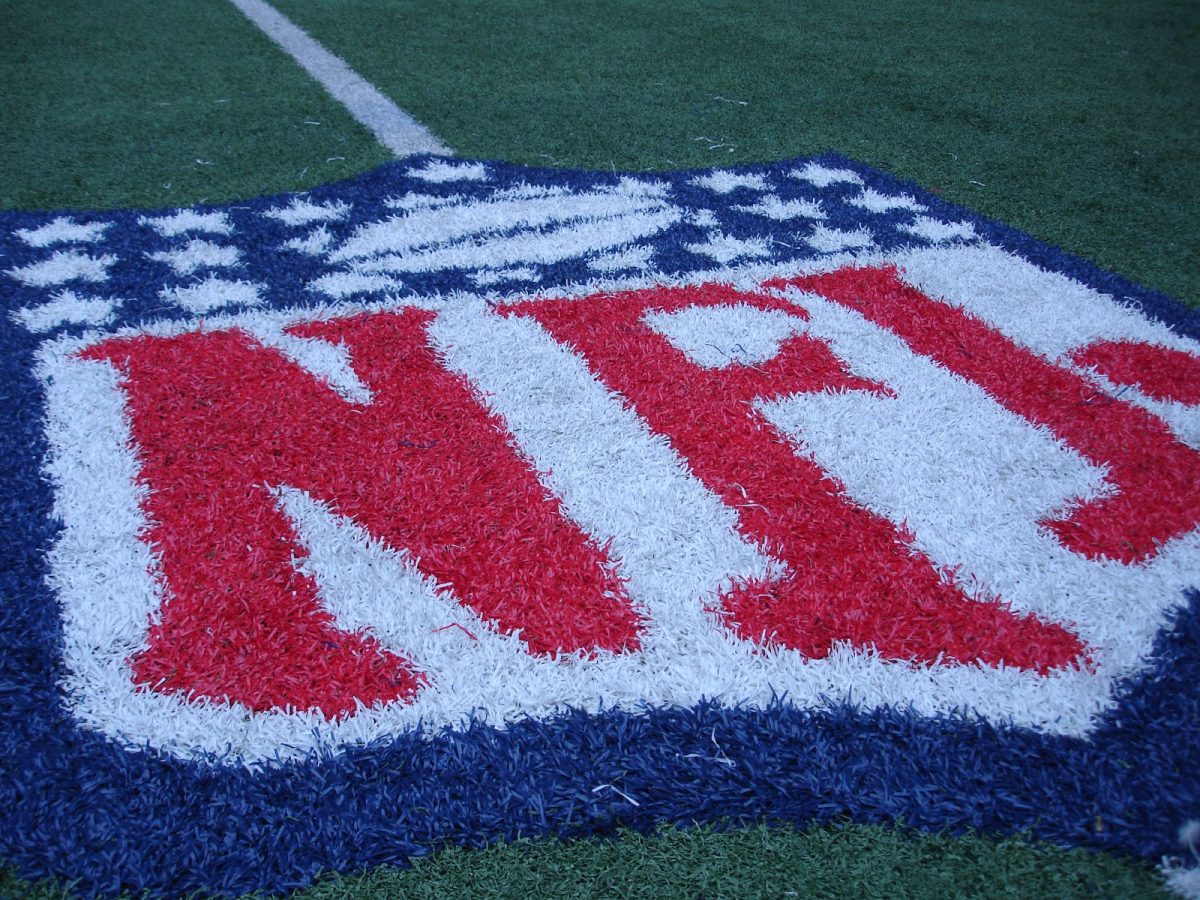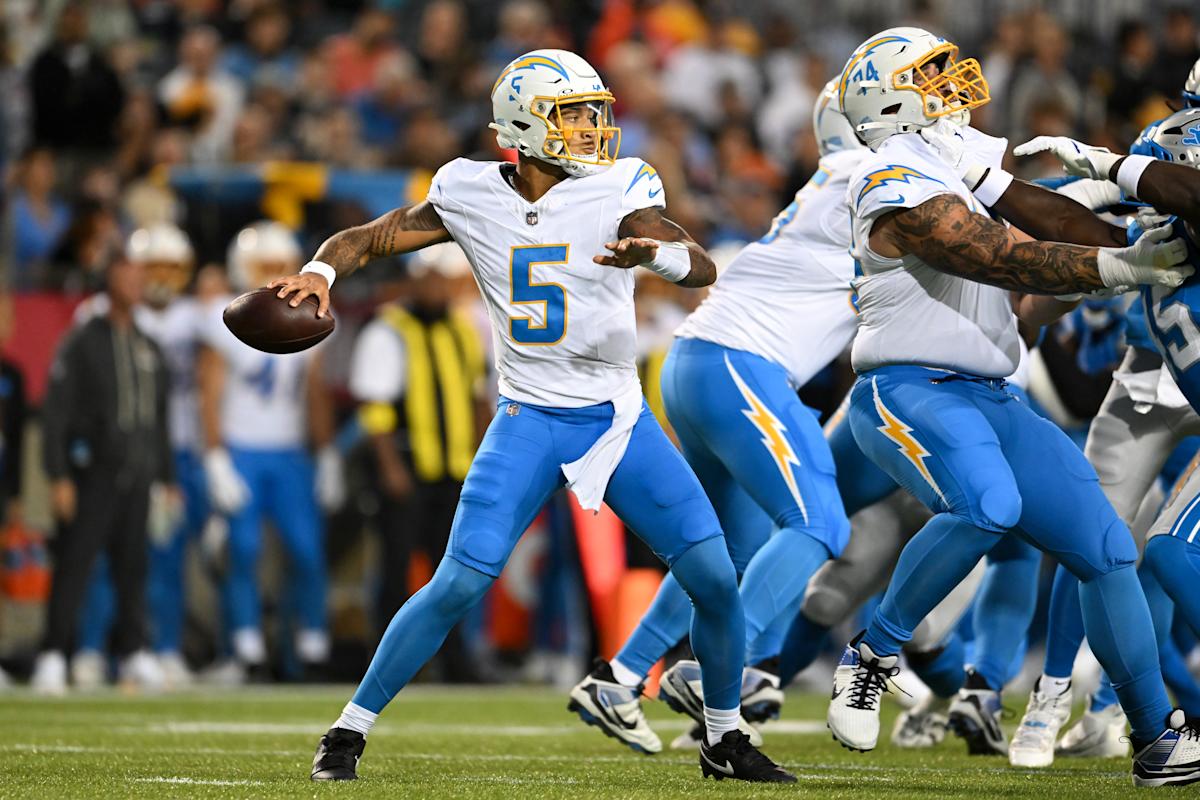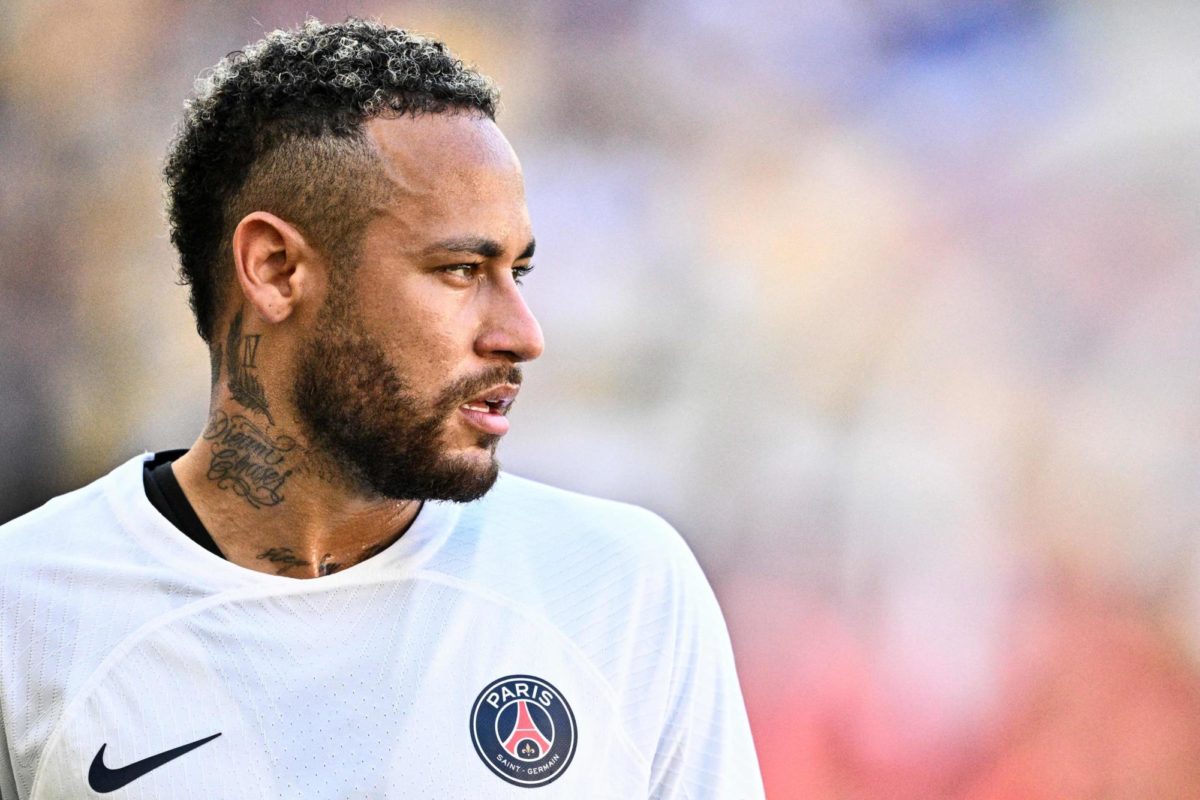What’s happening?
Brazilian football star Neymar made a surprise move to the Saudi Pro League, leaving his Paris Saint-Germain teammates to head for Al Hilal on a near $100 million transfer fee. After failing to win a major European title with PSG and former teammate Kylian Mbappé, Neymar is only one of the dozens of football stars who have left the top European leagues and entered the lucrative Saudi signing funnel. How exactly is Saudi Arabia getting all of these top-tier footballers, and why now?
How it started…
In January 2023, Cristiano Ronaldo signed a $220 million/per year contract with Saudi Pro League’s Al Nassr, making him the highest-paid player in world football. The deal emerged as Ronaldo’s former club Manchester United terminated his contract by mutual consent six weeks before, after his bombshell interview with Piers Morgan.
At the time, fans ridiculed Ronaldo’s move to such a low-tier league. This made sense, considering the massive success he had enjoyed in his prime years at Manchester United and Real Madrid, winning a total of five UCL titles and seven league titles. But the 38-year-old released a bold statement: he believed the SPL would become a top 5 league in the next 5 years and he would continue to play there.
This was before Saudi Arabia’s huge summer signings.
Hot Summer Chaos
On June 6, football headlines revealed that Ballon d’Or winner Karim Benzema signed a two-year $436 million contract with Al Ittihad. The world was shocked — how could the best forward in the world make a big move from 14-time European champion Real Madrid to a no-name Al Ittihad? Yet the Benzema singing would only be the start to a wave of signings throughout the entire summer.
Soon, the likes of N’Golo Kanté ($109M/yr → Al Ittihad), Marcelo Brozović ($30M/yr → Al Nassr), Allan Saint-Maximin (Al Ahli), Sadio Mané ($30M/yr → Al Nassr), and even manager and legendary midfielder Steven Gerrard (Al Ettifaq) joined the Saudi Pro League. While stars like Lionel Messi, Kylian Mbappé, Son Heung-Min, and Luka Modrić rejected lucrative offers from SPL clubs, talks of signing Liverpool forward Mo Salah and Juventus midfielder Paul Pogba have now surfaced as well. And with the chaotic summer transfer window coming to a close, the Saudi Pro League climbing the league rankings is not so farfetched anymore.
But why now?
The Saudi summer transfer chaos is a direct product of sportswashing, a technique used by a corrupt regime to cover up its political and social wrongdoings. Saudi Arabia has come under scrutiny in recent years due to its severe lack of human rights and rise in imprisonment and abuse of those who speak out against the government’s harsh policies regarding LGBTQ+ rights.
Ultimately, Saudi Arabia aims to accomplish a smaller goal under a larger goal. First, by acquiring several top-tier players to come play SPL football using oil money, the Saudi Pro League, and thus Saudi Arabia, can establish its credibility as a strong football nation. Later, these well-known players could become ambassadors to sponsor a bid to Saudi’s ultimate goal: hosting the 2030 World Cup.
While Saudi has denied any section of players’ contracts including the ambassador bid clause, it’s become increasingly difficult to deny Saudi’s plan. After all, what better way to cover up corruption than hosting one of the most watched sporting events and promoting a country’s cleansed image by flaunting wealth and power?
On a final note, this also is not the first time a country has leveraged the World Cup as a means to clean its reputation. Qatar and the 2022 World Cup is a great example, but an even more eye-opening one has to be the 1978 World Cup hosted by Argentina. Argentina had been taken over by a military coup led by Jorge Rafael Videla and those who stood against Videla’s regime and their families mysteriously disappeared overnight, with several mothers and grandmothers taking the streets of Buenos Aires to protest the disappearances of their fathers, husbands, and sons. And guess which country won that World Cup? Argentina.

